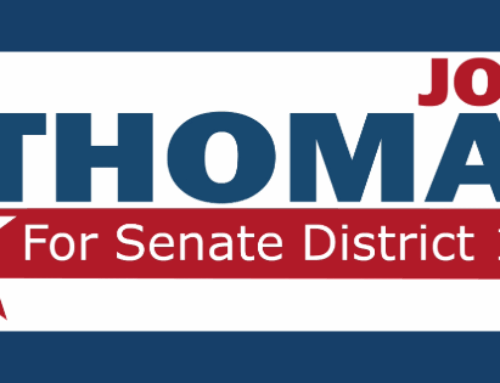A recent article by Charles Schwab merits our attention:
http://online.wsj.com/article/SB10001424052702303429804575149633264117248.html
In February 2006, when Ben Bernanke was first sworn in as chairman of the Federal Reserve, the federal-funds target rate stood at 4.5%. That same year, the average yield on a one-year certificate of deposit was 5.4%. A retiree who diligently saved for a lifetime and had amassed a nest egg of $100,000 could count on an added $5,400 in retirement income per year. That may not sound like much to the average Wall Street Journal subscriber, but for a senior on fixed incomes that extra money improved the quality of his life.
To put the scale of this problem in context, consider the fact that more than $7.5 trillion in American household wealth is held today in short-term, interest-bearing products such as checking and savings accounts, retail money funds and CDs. At today’s low interest rates, the return on those savings is hundreds of billions less than it would have been at 2006 interest rates. Retirees feel the consequences disproportionately, but because much of that income would have made its way into the economy, spending and job creation also suffer.
Banks are actually quite simple. Banks take money deposited by savers, paying interest to savers. The banks then lend the money out at higher interest, pocketing the difference. The Federal Reserve has deliberately driven short-term interest rates to nearly zero and is furnishing practically unlimited newly-printed money to banks, free of charge. Below is a graph of the “Fed Funds” rate, a bankers’ short-term interest rate directly controlled by the “Federal Reserve”.
So why should the banks pay interest to savers? Answer: they don’t have to, so they don’t. Anyone with a savings account knows what I’m talking about. 3-month CD rates are shown on the graph below.
So in effect, the hundreds of billions of dollars that Mr. Schwab mentions above WOULD have been paid to savers, but wasn’t. So where did it go? It was a cost of doing business that the banks no longer had to bear, so the money went to the banks as pure profit. Now you know where money for bonuses came from. The Federal Reserve stole it from savers (you) and gave it to the banks.
Wouldn’t you like to know more about where your money’s going? After all, it IS your money.
Note: The Richmond Tea Party is forming a new budget subcommittee of its legislative committee. The purpose of this subcommittee is to give RTP a better and more focused understanding of government budgets and the budgeting process so that we may have the impact we desire. If this sort of thing is your bag of “tea”, please contact us, we’d love to have you! Please contact us at the “Get Involved” link on the top of this page and indicate you’d like to be part of the Budget Subcommittee!







